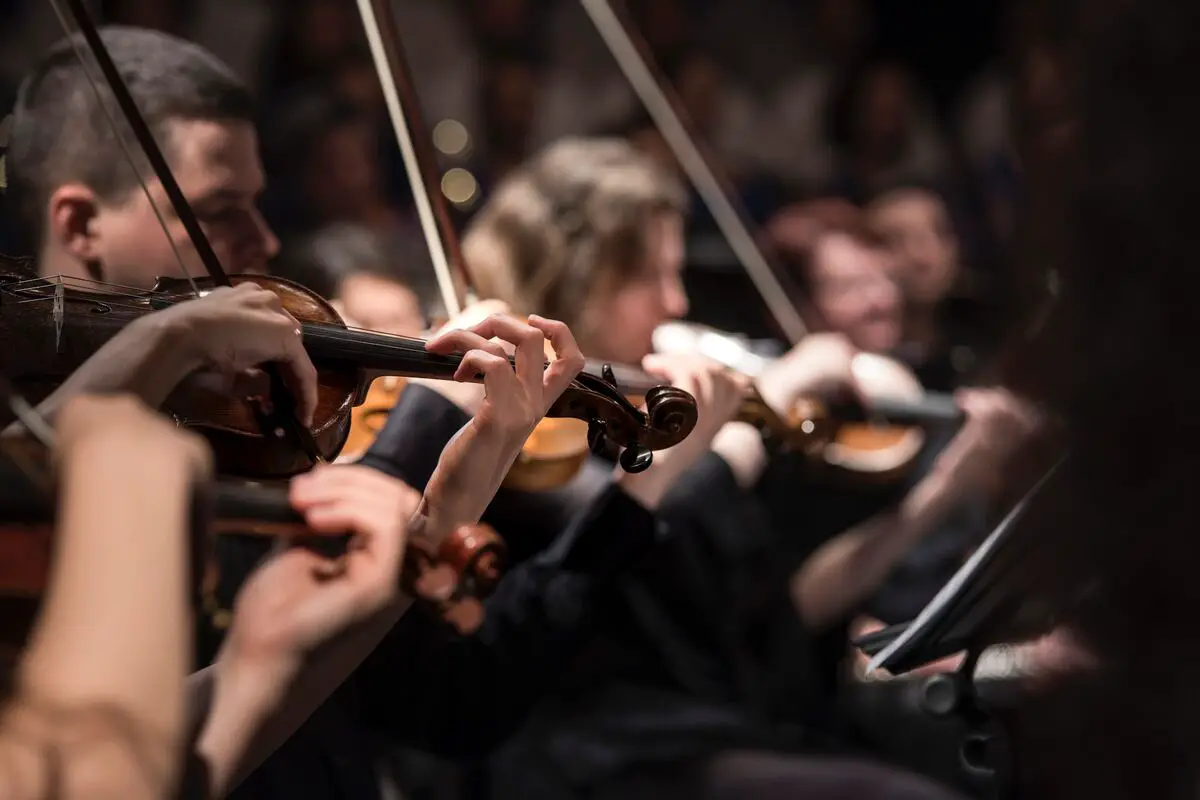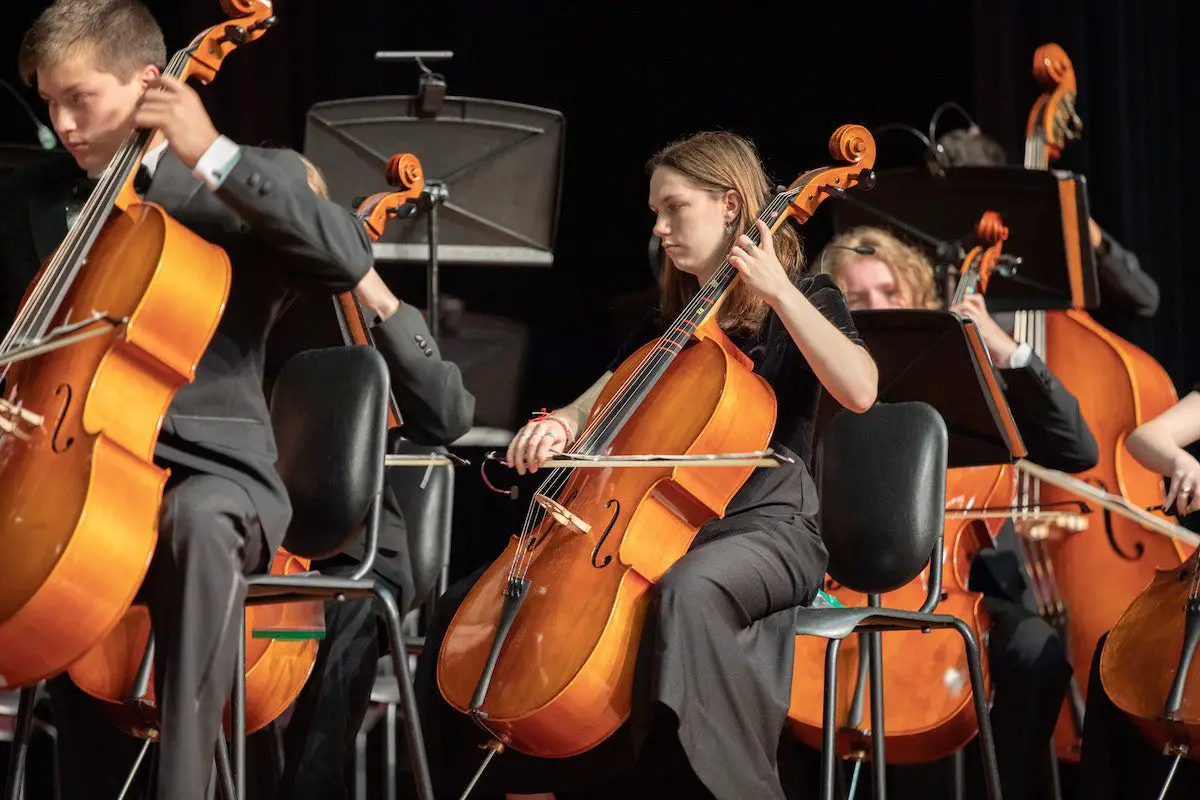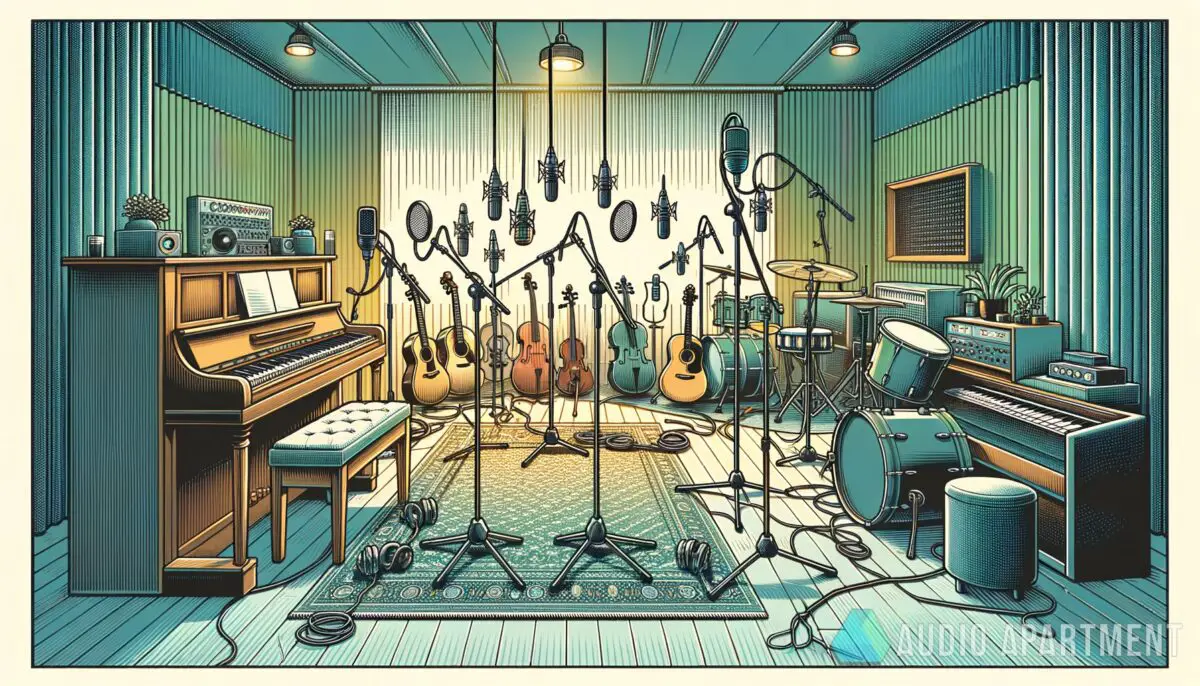Ever wondered how music has the power to shape emotions, intensify scenes, and transport you to another world? Brace yourself because we’re about to unravel the captivating realm of incidental music. Are you ready to discover the hidden symphony behind your favorite performances?
What is incidental music? Incidental music refers to the musical accompaniment used to enhance dramatic performances such as plays, radio shows, films, and television.
What is incidental music?
Incidental music is music that is used in a film, play, television show, radio program, video game, or other form of media to underscore or support the content. It’s called “incidental” because it’s secondary to the main content – it’s meant to enhance and support the storytelling, not to be the main focus.

It’s the enchanting soundtrack that accompanies dramatic performances. But it’s not just background noise; incidental music plays a pivotal role in heightening the impact of production. It sets the mood, amplifies emotions, and takes the audience on an unforgettable sonic journey.
AKAI Professional MPK Mini MK3

AKAI Professional MPK Mini MK3
Why is incidental music so important?
One of the primary roles of incidental music is to fill the intervals between scenes and acts, seamlessly transitioning the audience from one moment to the next. Additionally, it works as a background for dialogue, enhancing the overall atmosphere and supporting the narrative. It’s like the invisible thread that weaves the performance together, ensuring a smooth flow from start to finish.
Incidental music is all about enhancing the look, mood, and feel of a performance.
Incidental music is all about enhancing the look, mood, and feel of a performance. Imagine watching a thrilling play without any music. It just wouldn’t have the same impact, right? Whether it’s brightening a scene, creating tension, or underscoring the sadness or horror of an event, incidental music has the power to completely transform the experience for both performers and audience members alike.
What are the origins of incidental music?
Incidental music isn’t a new phenomenon. In fact, it has ancient roots that trace back to civilizations like the Greeks and ancient Asian cultures. These ancient societies understood the inherent power of music and utilized it in their performances to evoke specific emotions and convey symbolic meaning. Just like our favorite movies and TV shows today, they knew that music could enrich the overall experience and captivate the hearts of the audience.
Now, you might be wondering if incidental music has stood the test of time. Well, my friends, I’m here to tell you that it certainly has. Throughout history, its popularity may have fluctuated, but it never vanished entirely. And that speaks volumes about the undeniable impact of music.
From classical composers to contemporary artists, many have composed unforgettable pieces specifically for dramatic performances, some of which have even gained recognition beyond their original purpose. To help you navigate the world of incidental music, here’s a quick reference table of dos and don’ts:
| Dos | Don’ts |
|---|---|
| Do evoke emotions through your music | Don’t overpower the scenes with excessive volume |
| Do create a symbiotic relationship | Don’t let the music distract from the performances |
| Do experiment with different musical motifs | Don’t use generic or cliché musical choices |
| Do collaborate with directors and performers | Don’t underestimate the impact of subtle musical cues |
What are some examples of incidental music?
Here are some examples of well-known incidental music:
- Felix Mendelssohn’s Incidental Music for “A Midsummer Night’s Dream”: This is perhaps one of the most famous examples. Mendelssohn composed a number of pieces to accompany Shakespeare’s play, including the famous “Wedding March.”
- Edvard Grieg’s Incidental Music for “Peer Gynt”: Grieg’s music for Ibsen’s play includes some of his most well-known pieces, such as “Morning Mood” and “In the Hall of the Mountain King.”
- Claude Debussy’s Incidental Music for “King Lear”: Though less famous than some of his other works, Debussy’s music for Shakespeare’s tragedy showcases his distinctive style.
- Beethoven’s Incidental Music for “Egmont”: Beethoven wrote a set of pieces for Goethe’s tragedy, including an overture and several songs and instrumental pieces.
- Jean Sibelius’s Incidental Music for “The Tempest” and “Kuolema”: Sibelius composed several pieces for plays, including Shakespeare’s “The Tempest” and Arvid Järnefelt’s “Kuolema” which includes the famous “Valse Triste.”
What are the challenges of crafting incidental music?
Composing incidental music comes with its fair share of challenges. The composer must work within specific scenes and time constraints, tailoring the music to suit the mood and enhance the storytelling. They need to create a piece that complements the dialogue and action on stage or screen, capturing the essence of the moment while respecting the pacing and rhythm of the performance.

It requires a delicate balance between artistic expression and technical precision. If you’re passionate about music and intrigued by the world of incidental composition, why not embark on your own musical journey? Set up a home recording studio, explore different composition techniques, and let your creativity flow.
With the right tools and a dash of determination, you have the opportunity to compose your very own incidental music and create captivating soundscapes that transport audiences to another world.
If you want even more great tips and information, check out the video below.
Frequently Asked Questions (FAQ)
As we near the end of our exploration of incidental music, let’s address a few frequently asked questions to provide further clarity and insight.
How do I choose the right incidental music for my performance?
Choosing the right incidental music requires careful consideration of the scene, mood, and overall narrative of the performance. It’s important to collaborate with composers, directors, and performers to ensure the music aligns with the desired emotional impact and enhances the storytelling.
Can I use existing music for incidental purposes?
Yes, it’s possible to use existing music for incidental purposes, depending on copyright permissions and licensing agreements. However, keep in mind that commissioning or creating original incidental music can provide a more tailored and cohesive experience, ensuring seamless integration with the performance.
Can incidental music be used in non-dramatic performances?
While incidental music is commonly associated with dramatic performances such as plays, films, and television shows, its impact can extend to other forms of artistic expression. Dance performances, visual art exhibitions, and even podcasts can benefit from the addition of carefully curated incidental music to enhance the overall experience.
Conclusion
And that’s a wrap, my friends! We’ve journeyed through the captivating world of incidental music, exploring its role, impact, and challenges. I hope this article has struck a harmonious chord with you and deepened your appreciation for the enchanting power of music in performances. Remember, when it comes to creating captivating experiences, incidental music is the key to unlocking emotions and immersing audiences in the magic of storytelling.
Did I cover everything you wanted to know? Let me know in the comments section below! I read and reply to every comment. If you found this article helpful, share it with a friend, and check out my full blog for more tips and tricks on incidental music. Thanks for reading and keep grooving to the rhythm of creativity!
Key Takeaways
This article covered the topic of incidental music, highlighting its significance in enhancing emotional impact, setting the mood, and adding depth to performances. Here are some key takeaways:
- Incidental music intensifies the emotional impact and establishes the desired atmosphere.
- It fills the intervals, smoothens transitions, and highlights key moments in performances.
- Collaboration and careful selection are crucial in choosing the right incidental music.
- Existing music can be used, but original compositions offer a more tailored experience.
- Incidental music extends beyond traditional dramatic performances and can enhance various art forms.















